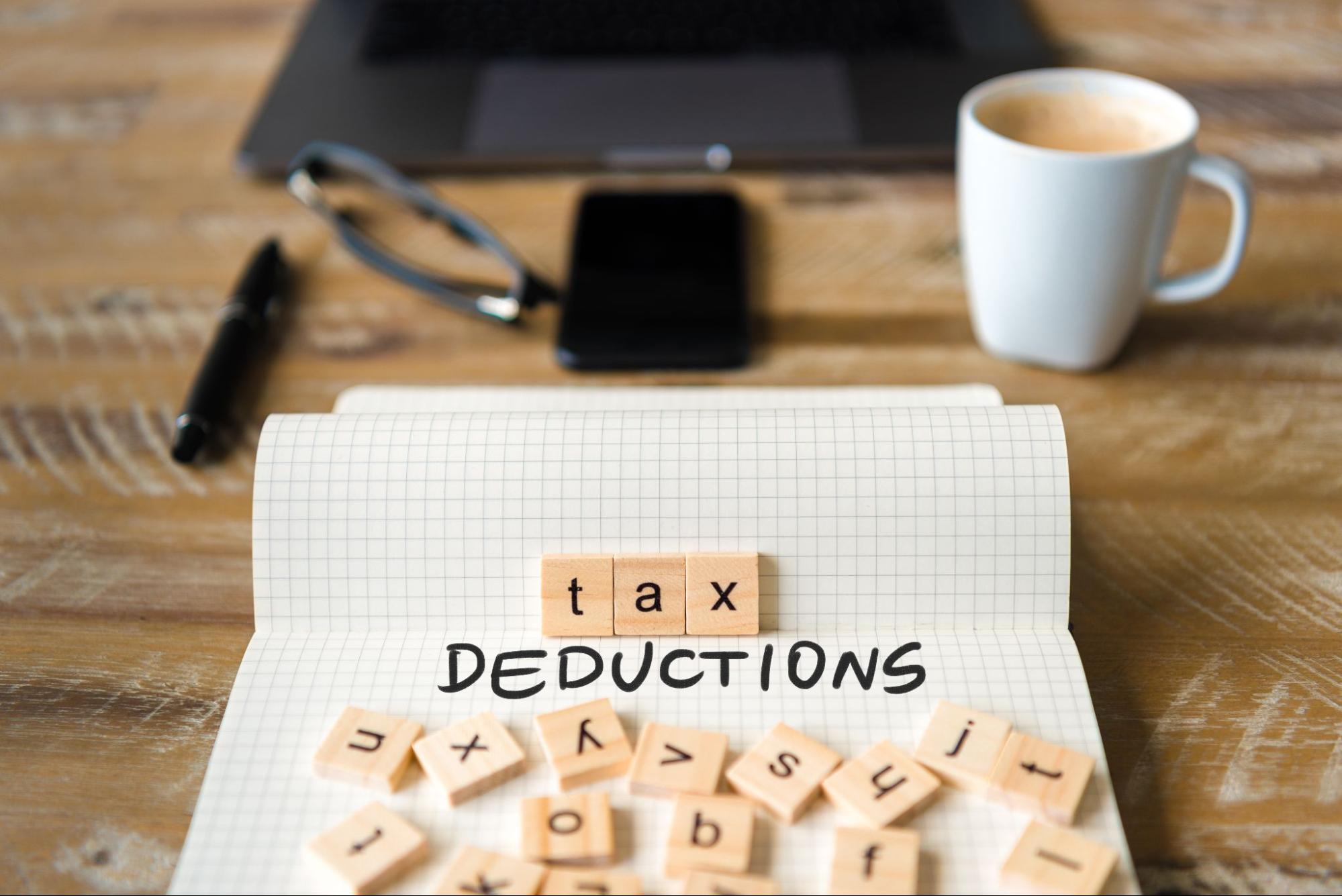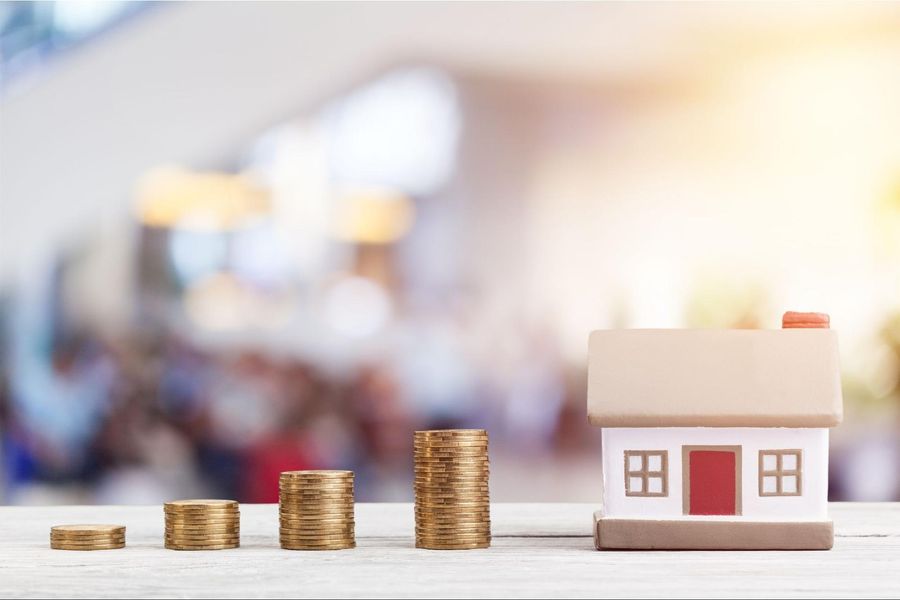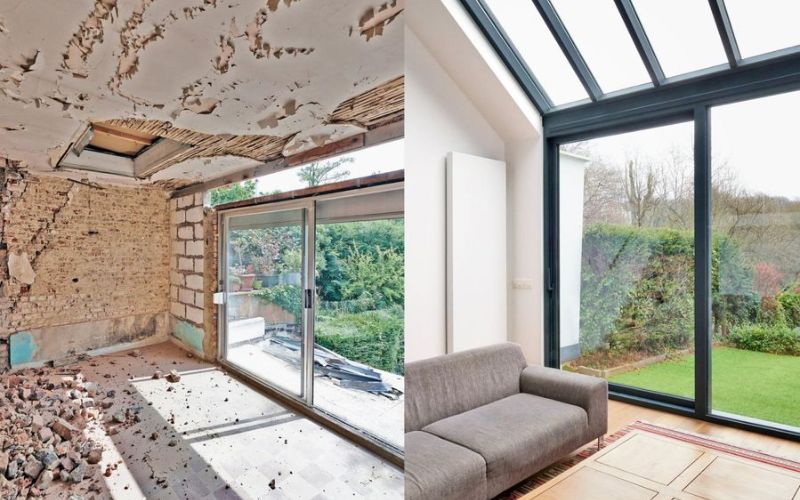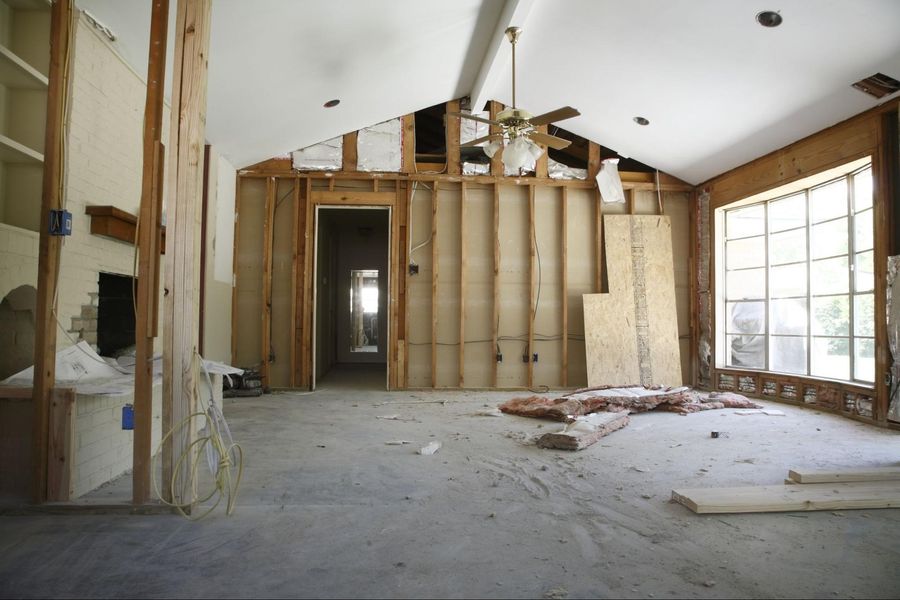Last Updated on October 24, 2023 by Corben Grant
One of the most valuable aspects of real estate is the very land itself, so why not just buy land on its own? As the old saying goes, they aren’t making any more of it. Though can be exciting for the potential it offers for development, it also offers the potential for you to be taxed. Indeed, like any real estate ownership, you may need to pay taxes when you buy, own, or sell vacant land.
It’s important to know how much tax you can expect to pay when you own a property. If you own property for the purpose of investment, surprise taxes can have a significant impact on your return on investment. Furthermore, if you fail to pay any necessary taxes you could find yourself in trouble with tax authorities.
The taxes you pay on vacant land may be a bit different than the taxes you pay on your home for example, so it’s important to know the difference. In this article, we will look at some of the taxes that are involved in the ownership of vacant land and what you can expect to pay.
Do you pay property taxes on land?
The most simple answer is yes, you will usually need to pay property taxes on vacant land that you own. The actual amount of property tax you pay will vary depending on your property’s assessed value, its use, and the applicable municipal tax rate.
First of all, property tax is generally calculated based on your property’s value. Because vacant land does not have any buildings or development to add significantly to the value, this will depend largely on the size and location of the property.
The most expensive vacant land by area will be found within developed cities. On the other hand, there are many rural areas in Ontario where land may be a lot more affordable. Keep in mind that your property’s value determines your property tax only in part. This is important because in big cities like Toronto, for example, there tend to be lower property taxes while some smaller cities actually have higher rates.
The amount of property tax you pay for your land will usually be a percentage of your property’s value. This percentage is determined by the municipality in which your property exists (or, by the province which we will get to later), and includes the municipal rate as well as a provincial education tax rate where applicable. The value of your property will be provided to the municipality by the Municipal Property Assessment Corporation (MPAC).
Each municipality sets its own property tax rates and there are usually different rates for different property types. If you want to figure out what you may pay in property tax, make sure to find the appropriate tax rate for your municipality and property type. If you try to use a property tax calculator online, it will probably use the residential rate which may not be the right rate for your property. Most, if not all municipalities, offer a breakdown of their different property tax rates online.
Municipalities charge property tax as a way to cover the costs of servicing properties with things like utilities, road service, garbage disposal, policing, fire services, and more. Because of this, different property types are deemed to be more or less costly to the city’s services and will be charged different tax rates. Unsurprisingly, vacant land requires much less from the city’s services so it may be taxed at a lower rate.
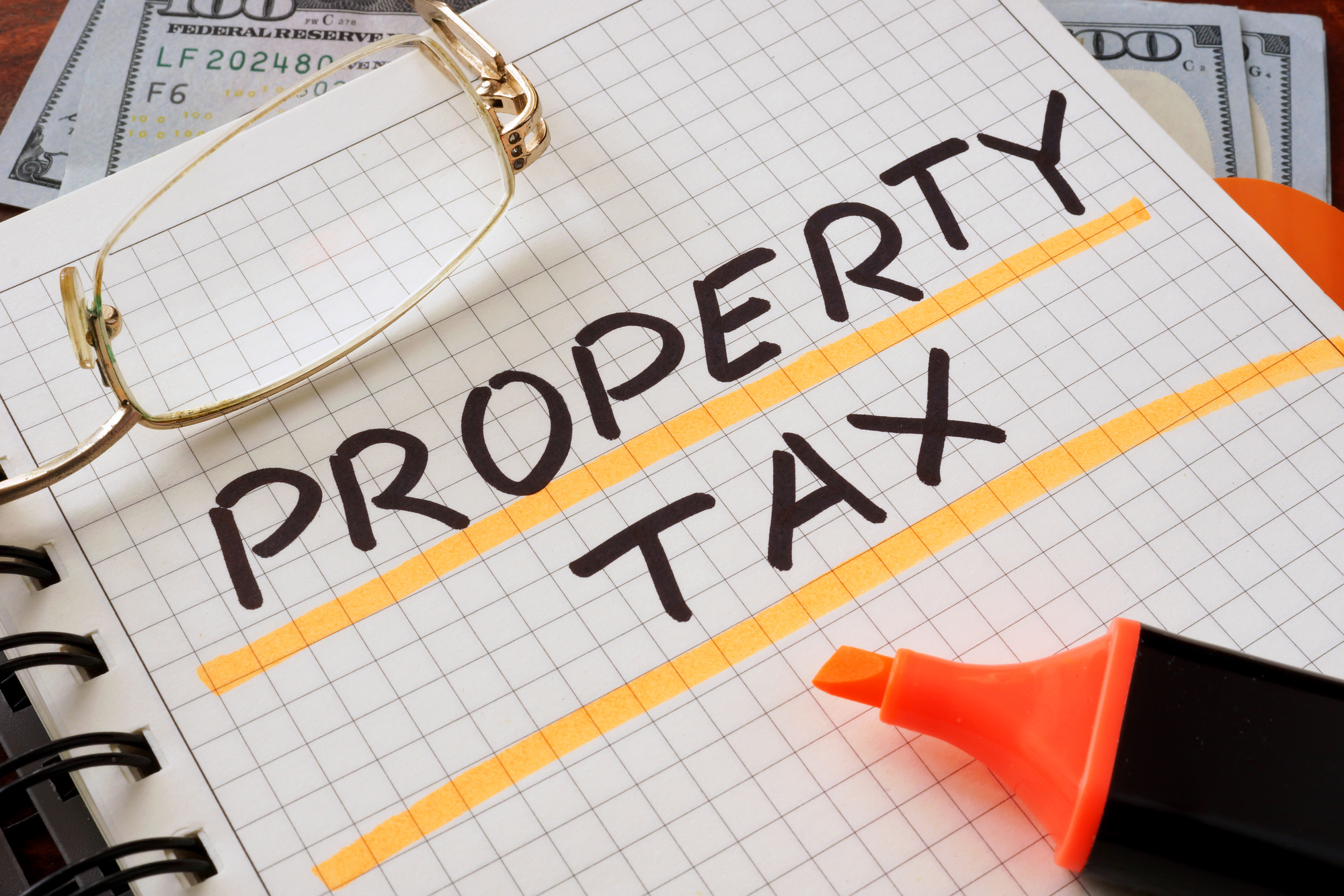
However, this will also depend on the intended zoning of the land. For example, in the City of Toronto, vacant commercial or industrial land is taxed 30% below the applicable full rate while vacant residential land is taxed at the same rate as any other residential property. This may serve as a way for the city to encourage residential development and discourage speculative landholding without development.
Provincial Land Tax (PLT)
If you own a house in a city or town, it’s pretty clear where your property tax payments are going and how they are being put to use. However, Ontario is a vast province and much of its vacant land is found in unincorporated areas outside of various municipalities. Unfortunately, this does not mean you are exempt from property tax.
The province charges what is called the Provincial Land Tax which serves a similar purpose as municipal property taxes to help supply essential services to unincorporated areas. In more sparsely populated areas, there may not be a single authority who is able to oversee the dispersion of tax dollars, however, essential services must be provided for property owners. Therefore, the province operates their own program to fill in the gaps in these areas.
Again, the amount you will pay in taxes depends on your property’s assessed value and the purpose of the land. You will either pay $300 or $250 per $100,000 of assessed value per year for property tax in unincorporated areas.
Do you pay Land Transfer Taxes (LTT) when buying vacant land?
The Ontario Land Transfer Tax is paid by the buyer of all land sales or transfers in the province of Ontario, including the purchase of vacant land.
In addition, there is a second LTT applied to sales in the City of Toronto. The Toronto LTT is taxed at the same rate as the Ontario tax, meaning you only need to double the applicable amount to know how much you need to pay.
However, in Toronto you are far more likely to to build upon so buying vacant land in the city is a rare scenario.
The Land Transfer Tax is again calculated on the value of the property at the time of sale. However, with vacant land there is one exception: if you have entered into a construction contract related to the purchase of the land, your transfer tax will be calculated based on the value of the land plus the value of the construction contract.
If you are selling vacant land, you don’t need to worry about transfer tax as you would have paid it when you first bought the property. Land Transfer Tax is only paid by the buyer of the land, however, there may be other taxes involved with selling, which brings us to the next question.
Do I pay capital gains taxes when I sell land?
If you plan on selling a piece of land you own for more than you bought it for, you may be required to pay capital gains tax. Capital gains tax is incurred any time you make a capital gain through the sale of property, which includes real estate. The only exception to the capital gains tax for the sale of real estate is if the property is your primary residence, in which case, you do not have to pay tax. But, if you are selling vacant land, it’s very likely that it was not your primary residence.
Capital gains tax is applicable to any amount of money gained above the price that you purchased the property for, no matter how small, though not all of your gains are taxed. Rather, under the capital gains tax, only 50% of the total gain is taxed. That 50% is counted as taxable income and will be taxed at your relevant income tax rate.
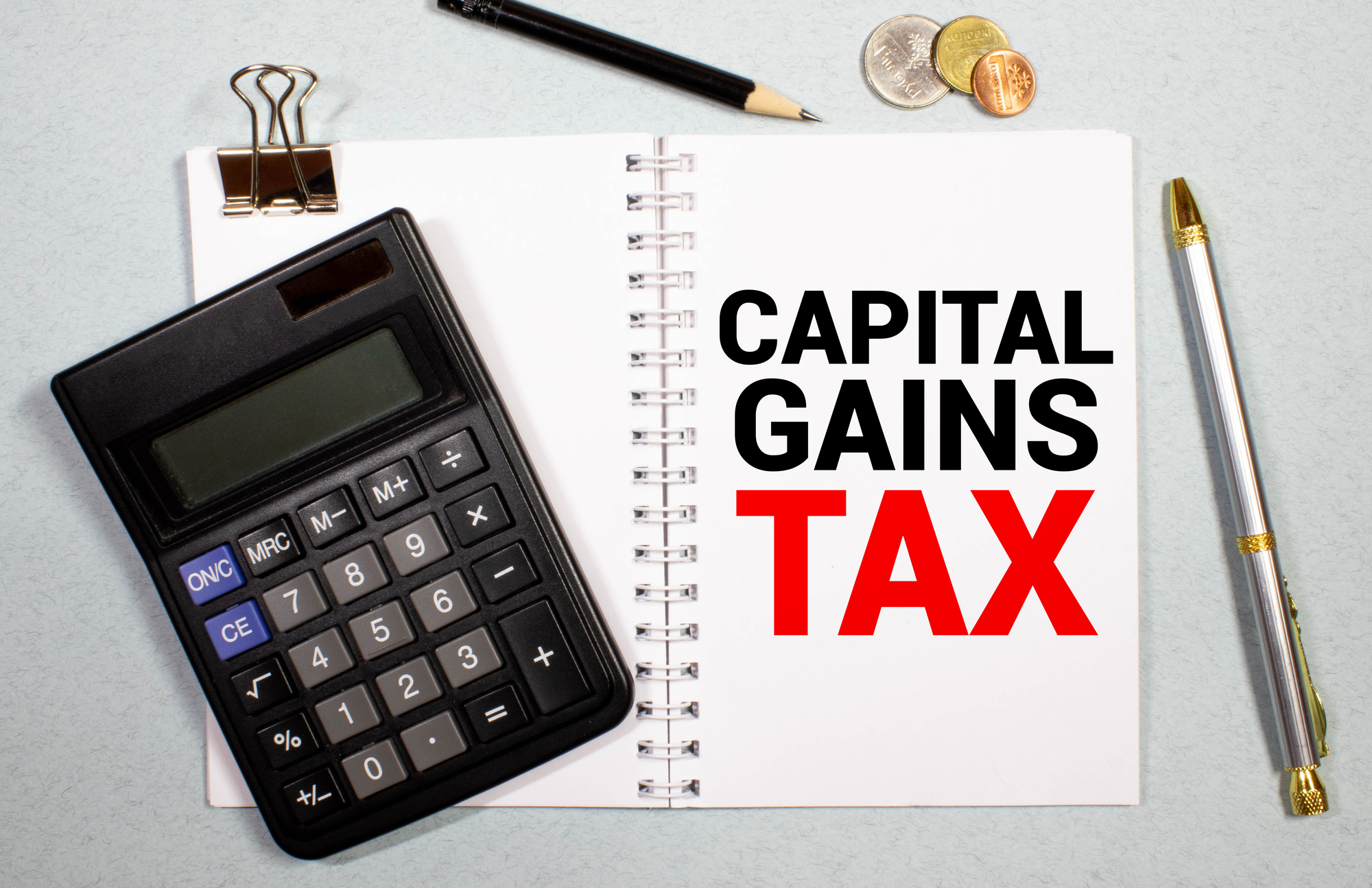
Do I pay HST when I sell vacant land?
The sale of vacant property in Ontario may require the payment of HST. The main factors in determining whether or not you will need to collect HST are who owns the property and what it has been used for.
If you are selling a piece of land that belongs to a business or selling land that has been used for business purposes, you will generally have to collect HST on the sale. Another case where you may need to collect HST is if you are selling a parcel of land created by dividing a larger property into three or more parcels.
Generally, sales by an individual are not applicable for HST. If the land was unused or used exclusively by the owner, then HST is not applicable. This may change if you decide to subdivide your land. An individual may divide property in two and sell each portion without taxation, however, any further divisions will incur HST.
Non-resident speculation tax
If you try to buy a house in Ontario and are not a citizen or permanent resident of Canada, you may be subject to the Non-Resident Speculation Tax. This tax places a 20% premium on all purchases made by foreigners of residential properties in the province of Ontario.
This tax only applies to residential properties containing at least one (and no more than six) residential units. The tax does not apply to vacant land, agricultural land, commercial land or industrial land.
This means if you are planning on buying land in Ontario as a non-resident, you will not be subject to this tax.
Conclusion
Taxes are an everyday reality of our life, but that doesn’t make them any easier to understand. When you buy, own, or sell vacant land, there can be any number of tax considerations to attend to. While we hope we were able to cover some of your burning questions here, be sure to consult a tax professional if you have any confusion before you sell or purchase land as they will be able to best answer questions about your specific circumstance.
Corben joined CREW as a relative newcomer to the field of real estate and has since immersed himself and learned from the experts about everything there is to know on the topic. As a writer with CREW, Corben produces informative guides that answer the questions you need to know and reports on real estate and investment news developments across Canada. Corben lives in Guelph, Ontario with his partner and their two cats. Outside of work, he loves to cook, play music, and work on all kinds of creative projects. You can contact Corben at corben@crewmedia.ca or find him on Linkedin at https://www.linkedin.com/in/corbengrant/.




